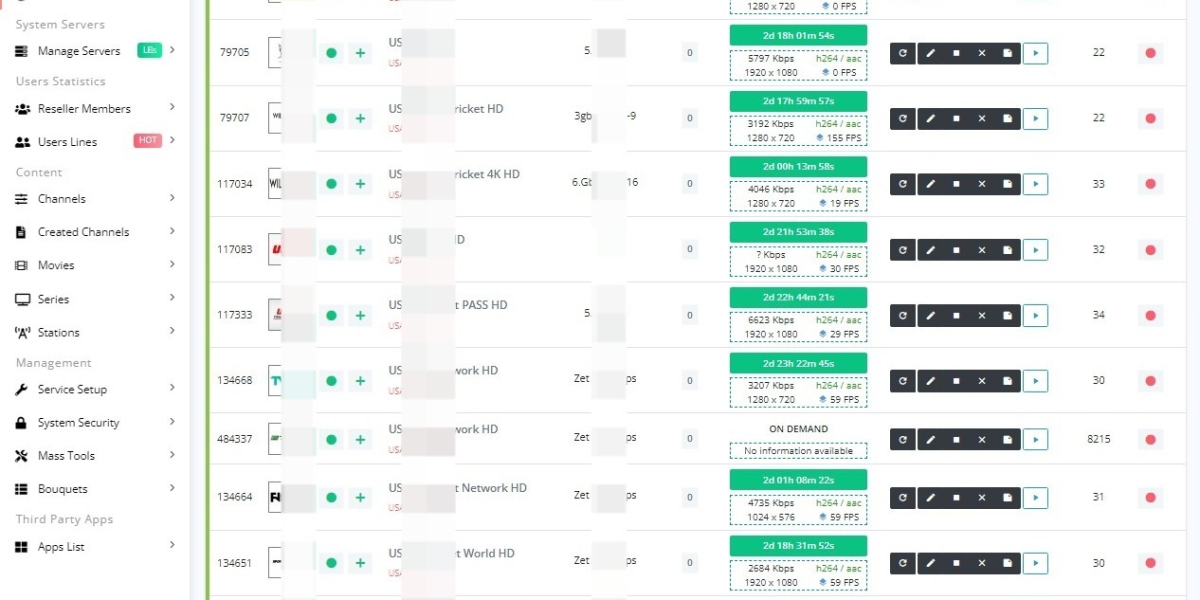Mental Health Issues Faced by Health Care Workers and Work Pressure
Health care workers play a vital role in keeping our society healthy and safe. However, the demanding nature of their jobs can take a toll on their mental health. In this blog, we will explore some of the mental health issues faced by health care workers and the work pressure they experience.
1. Burnout
Burnout is a common mental health issue among health care workers. Long hours, high stress levels, and constant exposure to traumatic events can lead to burnout. This can result in feelings of exhaustion, cynicism, and reduced effectiveness in their work.
2. Compassion Fatigue
Compassion fatigue is another mental health issue that health care workers often face. Constantly caring for others and witnessing their suffering can lead to emotional numbness, apathy, and a decreased sense of empathy.
3. Anxiety and Depression
The high-pressure environment of health care settings can also contribute to anxiety and depression among health care workers. The fear of making mistakes, the pressure to perform under tight deadlines, and the emotional toll of dealing with patients' illnesses can all contribute to these mental health issues.
4. PTSD
Health care workers who are regularly exposed to traumatic events, such as accidents, violence, or death, are at risk of developing post-traumatic stress disorder (PTSD). Symptoms of PTSD can include flashbacks, nightmares, and difficulty sleeping.
5. Substance Abuse
Due to the high levels of stress and pressure they face, some health care workers may turn to substance abuse as a coping mechanism. This can further exacerbate their mental health issues and impact their ability to perform their jobs effectively.
6. Work Pressure
Health care workers face immense work pressure on a daily basis. They often have to make life-or-death decisions, work long hours, and juggle multiple responsibilities at once. This can lead to feelings of overwhelm, stress, and burnout.
7. Importance of Mental Health Support
It is crucial for health care workers to have access to mental health support and resources. This can include counseling services, support groups, and training on coping mechanisms for dealing with stress and trauma. Employers should also create a supportive work environment that promotes work-life balance and prioritizes the mental well-being of their employees.
8. Self-Care Tips
Health care workers can also take proactive steps to protect their mental health. This can include practicing self-care techniques such as mindfulness, exercise, and relaxation exercises. Setting boundaries, prioritizing rest, and seeking support from colleagues and loved ones can also help prevent burnout and support mental well-being.
Conclusion
Health care workers face unique challenges that can impact their mental health. It is important for employers, colleagues, and the larger community to recognize and support the mental well-being of these dedicated professionals. By addressing mental health issues and work pressure within the health care industry, we can create a healthier and more sustainable work environment for those who care for others.








